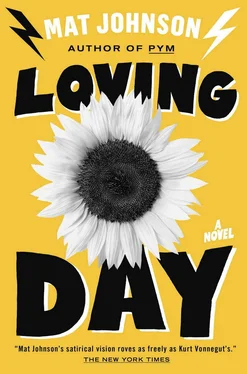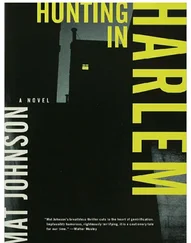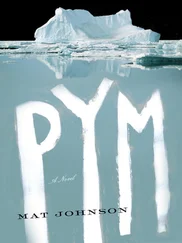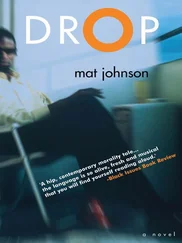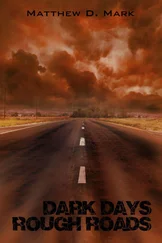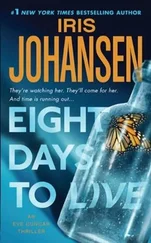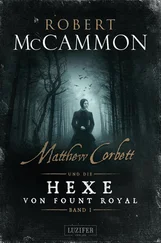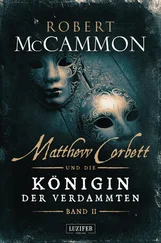“Hey look, the civil rights movement had a baby!” I say it loud, but none of the people around me respond beyond a glance my way then quickly back to each other again. They’re all young couples, in their twenties. Some wearing wedding bands, some about to put them on. They’re so beautiful. They have that skin, that youth skin, like Play-Doh when you first pop the lid. Even staring blank-faced, the ends of their mouths tilt toward a smile. Nothing has happened to them yet that doesn’t seem conquerable given their massive expanse of unused time. I look at each couple, examine them as they are now, add in any other moments from my memory when I’ve seen them huddled at Mélange, for my supporting data. I decide which ones will end in divorce when this moment is years behind them. Which ones will look at their partner and feel so little that the memory of any strong opinion seems a mirage? The ones that will say, I never truly loved you. Later, they’ll realize that there was love, and it was real, and that the fact that real love can dissipate so completely is even more devastating. That love is the greatest thing we have, the best thing we get, the only thing worth waking for, and even it turns into a putrefying mess just like the bodies we’re stuck in.
“A rocking night, right?!” one leans over to say to me. Skinny with a fat brown beard. The mop top girl with whom his legs are intertwined kisses him on the lips the second he turns back to her, as if he’s been gone a million years and miles. They both laugh, because they are young love and young love is as arrogant and self-involved as youth in all other forms. I hate that I was them. I hate that Becks isn’t here anymore. My Becks. Becks the abstract. The version of Becks I cared the world for. Not the actual person, who still exists now, out in the world. The real person — I don’t miss being with her, in that actual relationship we created. The constant bickering. The long and loaded silences. The moments weighed down by years of piling resentments that gave even the smallest interactions the potential to bring it all crashing down. What I miss is what came before, what always comes before. The euphoria of love. With her, I remember it with her. I could cry right here at the abstract idea of it. I miss being able to believe in it, so completely. That’s why I hate them, these couples around me. Not for their happiness, or for their love, or even for their self-delusion, but because they don’t know. They don’t know that the rot always comes. I don’t just want to love again. I want to regain the privilege to love like a fool.
—
They play “God Bless the U.S.A.” by Lee Greenwood to make us leave. I’ve always found its corny country-infused paleo-patriotism to be comforting in a post-9/11 way, but few in the crowd agree with me. They sing along in groans. When it gets to the line, “And I gladly stand up,” everyone sitting actually does, and soon there is a torrent heading for the door. At the exit, the crowd orbits around Roslyn, and she gives each their own personalized parting message.
On the sidewalk, I can hear the phone ringing in my breast pocket. I think, Sunita, but when I look at it it’s Tosha’s name and face staring back at me. I try to shut it off and I’m poking at it and then she’s talking to me.
“Warren? Warren? Warren?”
“Natasha, I’m here.”
In response, Tosha blurts forth with, “You’re going to get a call from George asking if we’re engaged so just say yes.”
“Are you serious? Tosha, it’s two in the morning.”
“When he asks, just say, ‘Yes!’ Okay?” and then she’s silent. I look at the phone’s screen, and see she’s disconnected. It goes dark. Then it lights up again, and I see George’s name and number there.
“Hey,” George says.
“Hey,” I respond as if him calling me right now, at this time of night, is totally normal.
“So…” George continues. I don’t know what to fill in here. Our past phone conversations were less stilted, but usually consisted of “How you doing?” followed by “Cool, man. I’ll go get her.”
“Warren, I don’t want to hear any bullshit right now. I’m gonna ask you something, and I expect a straight answer. This involves me, but it also involves my children, and I don’t play when it comes to my children, understand?”
“I understand,” I say, because it’s late and I’m out on this street and I want this over.
“So let me just ask you something: Are you fucking my wife? Or is she once again fucking with me?”
I think about it. I think about what to say. I think of nothing. So I hang up the phone.
I walk. I don’t feel good. The text that follows from George, You are dead , doesn’t make me feel better. Nor even does the one after: Metaphorically. The previous text should not be misconstrued as a literal threat of grievous bodily harm. Shit head .
—
I sit in the middle of the school bus, in the center of all the empty rows, as Roslyn drives me back home again. I don’t say anything. I don’t look at anything; my head stays in my hands, holding the weight of my skull. When the bus stops at my father’s house, I don’t even notice at first, think it’s just another red light until the engine dies.
I look up. There’s an outline in the dark. Roslyn stands before the exit steps.
“Rise up, fallen fighter. Rise and take your stance again,” she says, not joking. I do get up, so I don’t have to hear any more of that crap. “Don’t fall to despair. You’ll never win her heart like that.”
“I don’t know. I don’t know women,” I say this time to Roslyn, for the more feminine perspective.
“Women are just people, honey. You don’t know people. That’s worse.”
I walk toward the bus’s front door. Roslyn doesn’t move out of my way.
“Come here. Come.” One. Two. Three steps closer. I’m too close to her now. And she’s still standing there, blocking me. I stop with one foot almost between hers. Roslyn grabs my hand, pulls me closer.
“Ask yourself, what do you want?” She squeezes my palm in hers, then takes my other hand as well. If she pulls, I will fall forward, into her. She does. I do.
She doesn’t hug me, she envelops me.
“I’ve got you,” Roslyn tells me. She has me. It’s absurd; I’m pulled so far into her my chin is on her shoulder blade. Her body is warm and soft and her poncho feels woolly to my touch.
“I have you, baby. Let go. Same thing I tell Sunita: you can let go. Let me carry the load.”
I feel her lift me. Just for a second. Just enough that I marvel at this woman’s strength, will. Just long enough that I can feel my ankles lose their burden, lifting slightly from the ground.
“You just need a little mothering, that’s all,” Roslyn says. And then I really do let it go.
I cry. Without filter this time. First the damn tears and all their blurring and then I’m barking ragged sobs. I don’t even know why. I just want to go home. I just want to be alone, even though that’s the last thing I need now and it feels good not to be solitary in this moment. I miss my real mother. I miss her so much. These are her tears, not mine. Just that they’ve been stored in me, and now that I’m drunk they’re escaping.
After Roslyn gets me in and upstairs, after I get my pants off, Roslyn tucks me into bed. She throws my blanket over my fetal pose. My dignity is gone. It’s okay, life feels light without it. It feels even better when she tucks the blanket under my body, then kisses me on my forehead. And with the lightest “Sleep tight,” leaves the room.
Nothing has changed but my mood. Roslyn is a good person. I get her now. And I am not a bad person either. I have my innocence, my vulnerability; that needs to be protected. I was wrong about Sunita Habersham, but I was wrong about Roslyn too. I haven’t been tucked into bed since puberty. It’s beautiful. It’s a good, simple thing. I find it literally sobering.
Читать дальше
